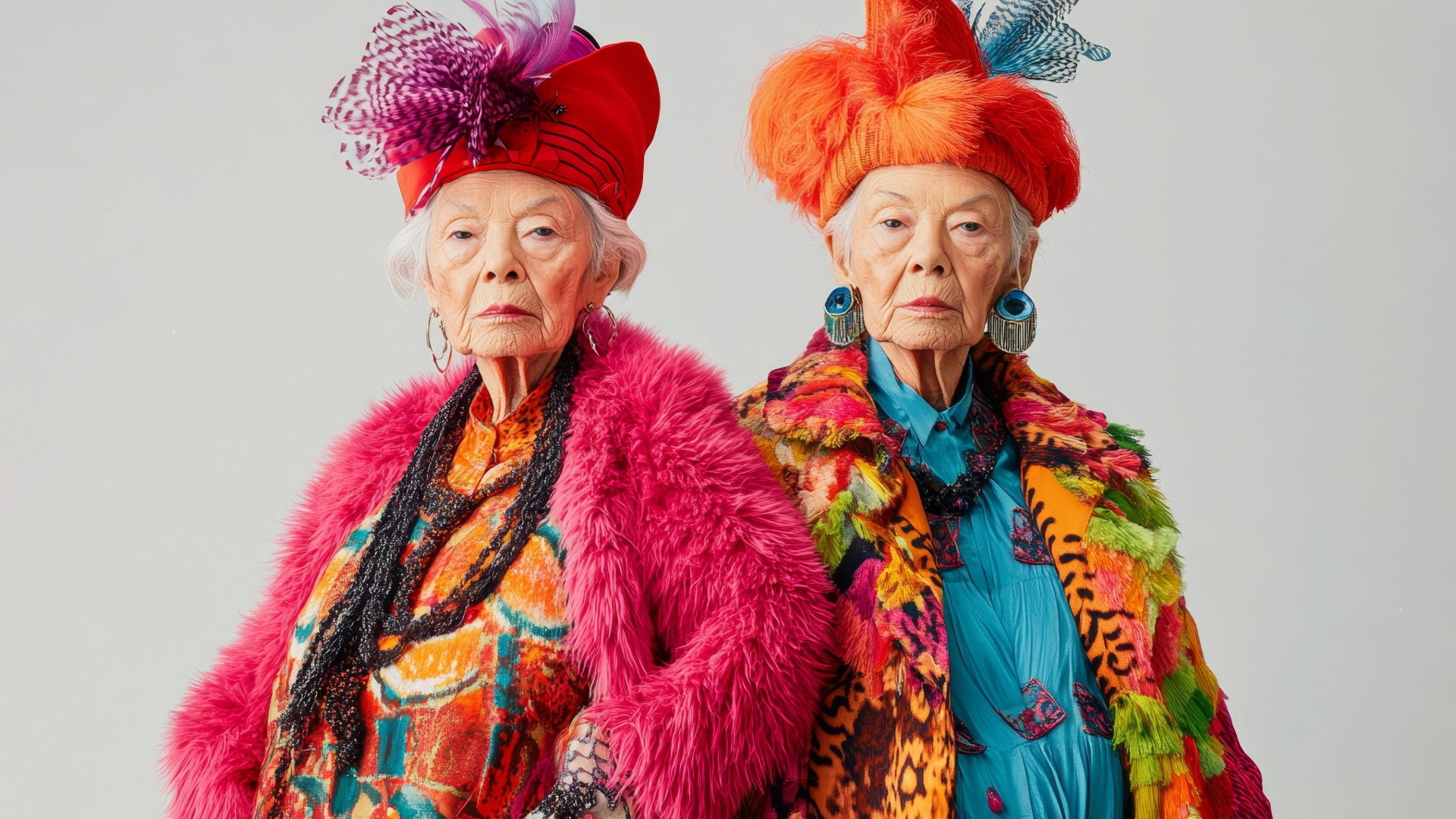Vitamins & Supplements: What’s Garbage & What’s Gold
Let’s face it, aging is a full-time job. And the supplement aisle? It’s like Vegas - bright lights, big promises, and a 50/50 chance you’re wasting your money. So grab your readers and let’s decode the vitamin roulette together.
The MVPs, Most Valuable Pills, that actually earn their shelf space include Vitamin D, the sunshine vitamin, crucial for bone health and immune support. Many older adults don’t get enough from sunlight alone. If you’re not sunbathing in Florida year-round, you probably need it. Calcium is also critical in supporting bone density as we age, especially important for postmenopausal women and because bones don’t bounce like they used to as you age.
To boost energy try Vitamin B12, which keeps your nerves and energy humming. Absorption of B12 from your diet decreases with age, especially for those on certain medications and adults who eat a less than perfect diet, so taking a supplement can really help. CoQ10 may support energy and heart health, especially if you’re on statins or managing fatigue. It’s not a magic bullet, but it’s one of the better-researched options in the supplement aisle. Omega-3s, found in fish oil, is also good for your heart and brain health and easier to swallow if you're not a fan of salmon.
If you are struggling to get a good night sleep Magnesium is instrumental in relaxing muscles and mood as well as improving heart health. Deficiency in older adults is common and linked to fatigue and cramps. You may also want to try Melatonin, a natural sleep aid, that can help regulate circadian rhythms. Its best used for short durations or under doctor's guidance.
Some supplements are not all they promise and may even do harm. First on the list is Ginkgo Biloba. It is supposed to help memory, but if you forget to take it… well, the irony ... and studies show little benefit and potential bleeding risks. Also worth skipping is Collagen. It promises baby-soft skin and bouncy joints, but your knees will likely still creak like haunted floorboards. Absorption of collagen through supplements is questionable and a balanced diet has shown to do more good for joint health. Most importantly, stay away from antioxidant overloads, like Vitamin E or Beta-Carotene, which may not prevent aging and could increase health risks in high doses. More isn’t always better.
New “Anti-Aging” Blends like those found at Nature’s Body have recently introduced new promising anti-aging ingredients like resveratrol and adaptogens. Ando some older adults swear by the benefits of turmeric. While definitive proof on these ingredients is not yet available, that doesn't mean you need to avoid these promising finds all together. Test them out for yourself to see if you notice any improvement.
As always, we recommend you talk to your doctor, especially if you’re on medications. Many supplements can put excessive stress on your liver, kidneys, thyroid and immune system. And we can't stress enough that you should start with food first. Supplements should supplement, not replace, a nutrient-rich diet. If you do choose a supplement, look for third-party testing, like USP or NSF certification, whenever possible, to ensure quality and safety. And watch out for interactions. Even “natural” supplements can interfere with prescriptions.
Supplements can support healthy aging, but they’re not magic bullets. Think of them as part of a bigger picture of good sleep, joyful movement, meaningful connection, and a diet that makes your taste buds and bones happy.
And remember, aging isn’t a problem to fix. It’s a journey to embrace with a little help from science and maybe a sprinkle of laughter,
because humor is the best supplement of all.
Note: As an Amazon Associate, I earn from qualifying purchases at no extra cost to you.






